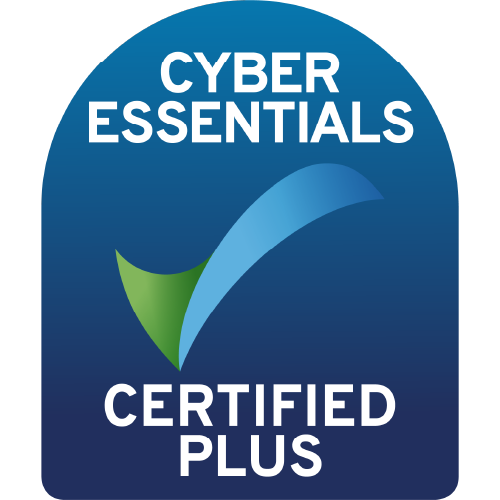How to educate your workforce about cybersecurity
In modern work environments, it’s important that all employees know how to handle sensitive data. As technology has advanced, so have criminals and the methods they use to compromise businesses. The most effective way to keep on top of cybersecurity is by regularly assessing the robustness of your infrastructure and educating your employees so that their knowledge is in-depth and up-to-date.
What should I educate my employees on?
When it comes to educating your employees about cybersecurity, you should be as thorough as possible. However, we understand that it’s not necessarily possible to educate all of your employees about every single security threat that’s out there.
If you’re looking for a list of useful and realistic tips to educate your employees on then look no further…
Why should I educate my employees?
Keeping your employees aware of security risks, procedures and policies is one of the most effective ways to protect your business from cyberattacks. This is especially important when it comes to resisting social engineering attempts, as they target people directly rather than your systems. As technology develops and advances, so do malicious programs and software. For this reason, it’s important to regularly educate your staff on the latest threats and security processes. Security awareness across your users can transform your business from a vulnerable target to a stronghold of data.
What can I use to educate my employees?
One of the best ways to keep your employees up-to-date with their security awareness is by using Barracuda Security Awareness Training. Barracuda has developed software that doesn’t just educate your employees, it puts their knowledge to the test with its threat simulation feature. Monitor how your employees respond to simulated malicious emails and identify where your biggest vulnerabilities are. This way you can tailor an education program to those who are most susceptible to clicking on fraudulent emails, links, and files.
If you want to learn more about how you can educate your employees and protect your business from inbound cyber threats, then please don’t hesitate to get in touch. Our knowledgeable and friendly team of IT security professionals will take the time to understand your unique business and make informed recommendations on how to boost cyber security from the ground up.





